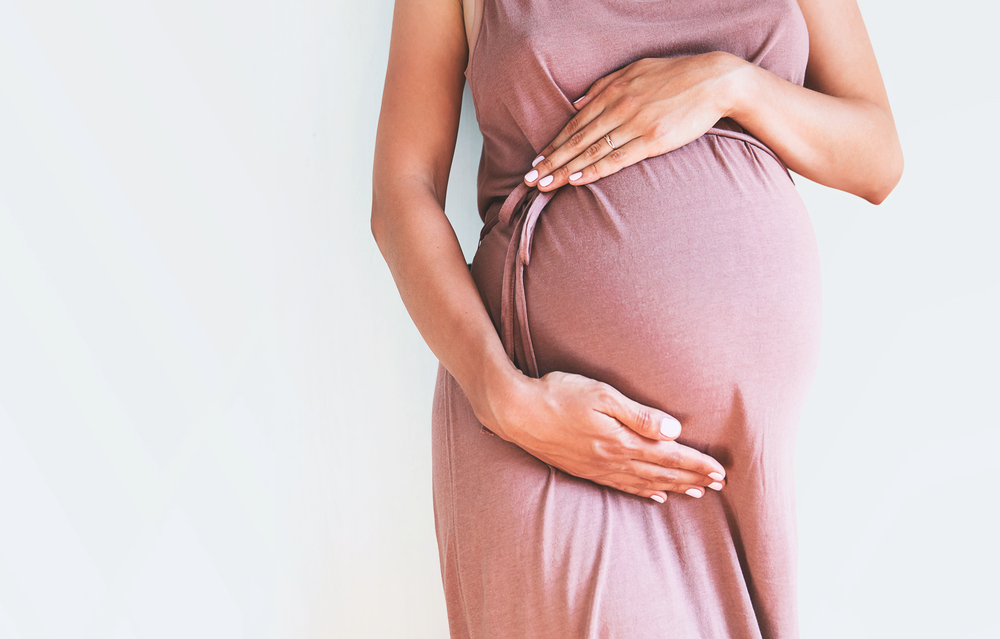You’re Healthy, So You’ll Have An Uneventful Pregnancy

The experience of being pregnant is lovely and transformative. A woman is in the prime of her life at this time. Achieving milestones is similar to being pregnant and giving birth to a kid.
The delight is multiplied the moment people learn you are pregnant since all sides of the family and friends come together in a single celebration. Several particular obstacles come with being pregnant. The expectant woman is unaware of the pregnancy's dos and don'ts during this great and unforgettable time.
The more people rejoice, however, the more advice is given about what to eat and what not to eat as well as what to do and what not to do to have a healthy kid. Most of this advice is based on beliefs that have been passed down from generation to generation, although it is rarely true scientifically.
Here, we've gone into great depth to debunk a few popular pregnancy myths.
- You're in good health, so your pregnancy won't cause any problems.
Pregnancy doesn't generate any new health issues for healthy women, thus they have an advantage. However, being in good health does not ensure a pregnancy free of issues. For treatment, a medical professional must be consulted. This can protect your child and you.
- You’re eating for two
Pregnant women do not need to eat twice as much; the expression "eating for two" should not be interpreted literally! Increasing your caloric intake by twofold can result in weight gain that is too much and may create complications later in pregnancy.
Only 350 extra calories per day should be consumed during pregnancy, and the emphasis should be on creating healthy eating habits. You should strive to eat a balanced diet of nutrient-rich foods like vegetables, fruits, whole grains, lean proteins, and calcium-rich foods. Your baby needs nutrients that help in growth and development.
It's also crucial to discuss supplementing with your OB-GYN certain vitamins like folic acid iron, calcium and iodine, which can be challenging to get enough of through food alone.
- You won't be able to get pregnant if your periods are irregular.
One such pregnancy myth is that irregular periods indicate infertility. The odd irregular period is more common than most women realise, and it does not necessarily indicate reproductive issues. The hormonal equilibrium that controls the menstrual cycle is extremely delicate; changes in your sleep schedule, exercise regimen, or stress levels can all affect your period. However, if your periods are regularly irregular, it could be harder to get pregnant because you won't be able to estimate when the ovulation will occur.
Consult your OB-GYN if you have irregular periods, especially if it has been three or four months since your last period. They can discuss treatment choices and lifestyle adjustments that can help raise the chances of conception and assist in determining whether there is an underlying health concern.
One of the most prevalent disorders that affect a woman's menstrual cycle and fertility is polycystic ovarian syndrome (PCOS).
- The risk of your pregnancy will be higher if you are above 35.
Pregnancy after the age of 35 is referred to as a "high-risk pregnancy" because while some dangers are significantly increased, they are not insurmountable. Most mothers who are 35 years old or older have a normal pregnancy and healthy child. The myth about pregnancy disproved! Even having more life experience and financial security, which can be helpful during the parenting process, are benefits of being an older mother. Having said that, it is great to respect the biological clock!
Discuss the many types of complications that can arise with your OB-GYN. These difficulties may be brought on by underlying medical conditions like diabetes and high blood pressure, which appear more frequently as we age. Your chances of having a healthy pregnancy can be improved by receiving appropriate treatment for certain problems.
Make an appointment with your OB-GYN if you are 35 years of age or older. Consider the advantages of a preconception consultation, a visit when you begin trying to conceive and be sure to maintain all of your appointments during your pregnancy.






